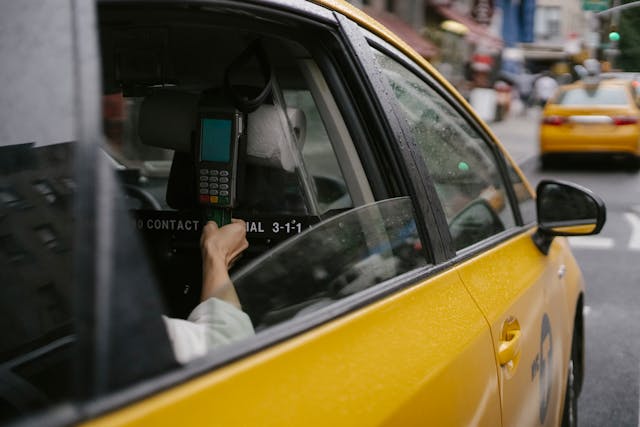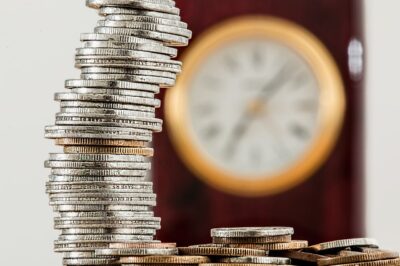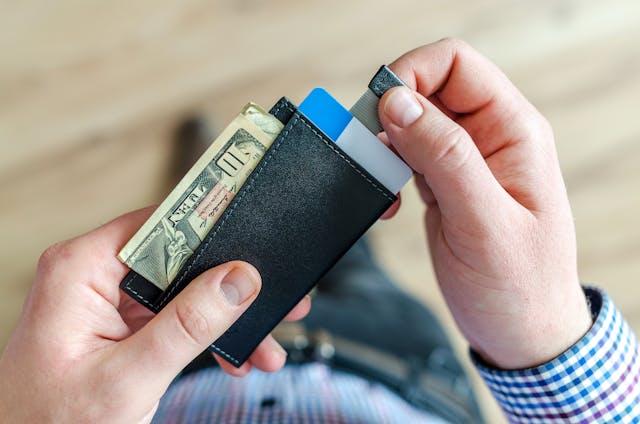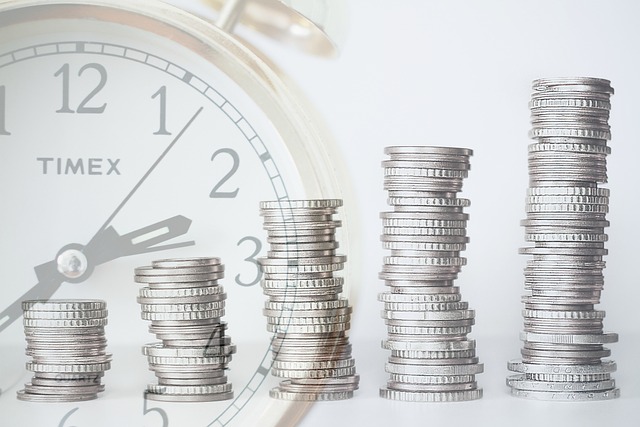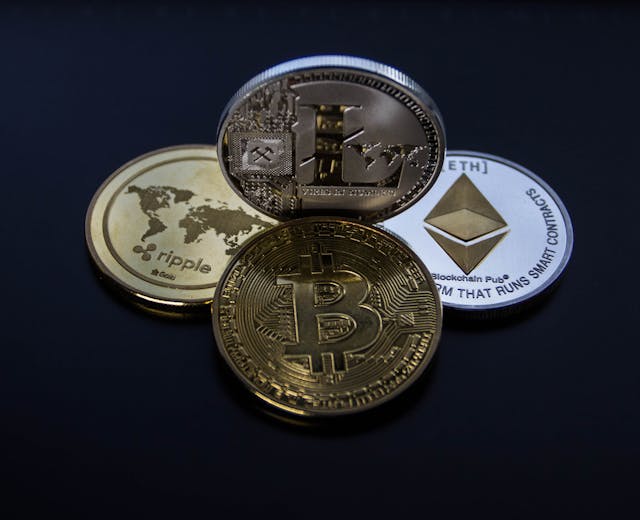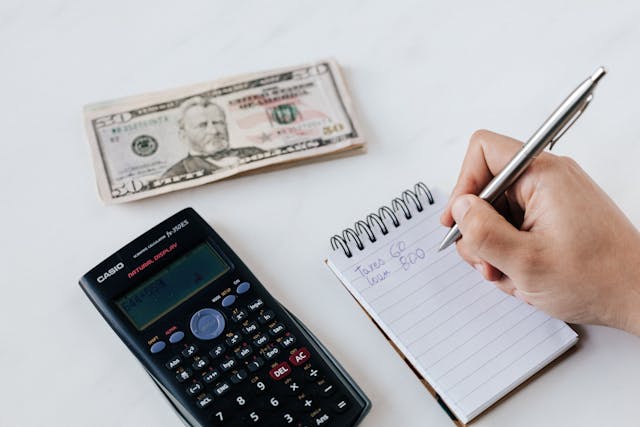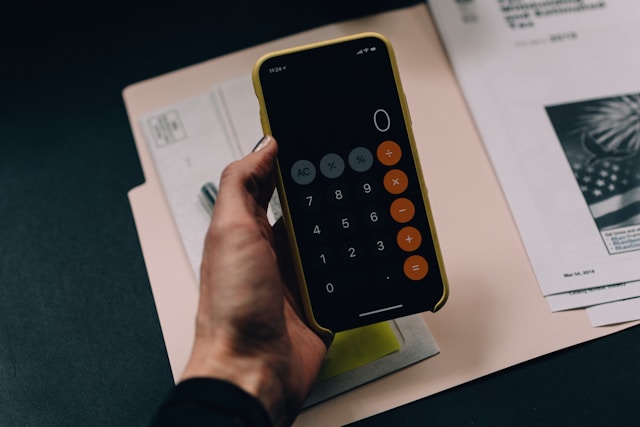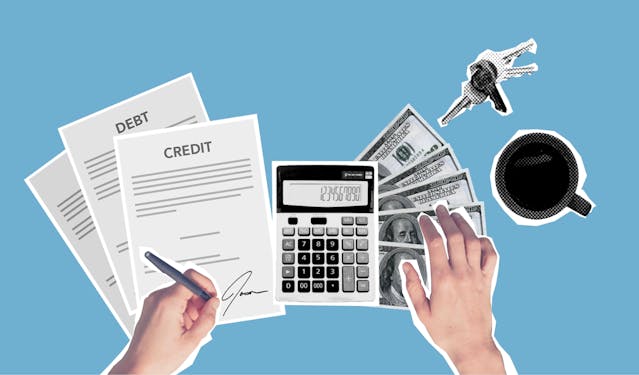Credit cards are a convenient and widely used form of payment, but they can also be a slippery slope into debt if not used responsibly. With the average American household carrying over $8,000 in credit card debt, it’s important to understand the dos and don’ts of credit card usage to avoid financial pitfalls.
In this article, we’ll explore the best practices for using credit cards responsibly and avoiding common mistakes that can lead to debt.
The Dos of Credit Card Usage
Do Pay Your Balance in Full Each Month
The most important rule of credit card usage is to pay your balance in full each month. This means that you should only charge what you can afford to pay off when your statement comes due. By doing this, you avoid paying interest on your purchases and can maintain a good credit score.
Do Monitor Your Spending Habits
It’s easy to lose track of your spending when using a credit card, especially if you have multiple cards with different limits. It’s important to regularly monitor your spending habits and make sure you are staying within your budget. This will help you avoid overspending and accumulating debt.
Check out our Top rated Budget planner pick from amazon or check out our Top Tablet Budget planner pick from amazon.
Do Take Advantage of Rewards Programs
Many credit cards offer rewards programs, such as cash back or travel points, for using their card. Take advantage of these programs by using your credit card for everyday purchases and paying off the balance in full each month. This way, you can earn rewards without accruing interest on your purchases.
Do Shop Around for the Best Interest Rates
When choosing a credit card, it’s important to shop around and compare interest rates. Look for cards with low or no annual fees and competitive interest rates. This will save you money in the long run and make it easier to pay off your balance each month.
The Don’ts of Credit Card Usage

Don’t Max Out Your Credit Limit
It can be tempting to use your credit card to its maximum limit, especially if you have a high credit limit. However, this can negatively impact your credit score and make it difficult to pay off your balance in full each month. It’s best to keep your credit card usage below 30% of your available credit limit.
Don’t Make Late Payments
Late payments not only result in late fees, but they can also damage your credit score. It’s important to make your credit card payments on time each month to avoid these consequences. Set up automatic payments or reminders to ensure you never miss a payment.
Don’t Use Your Credit Card for Cash Advances
Using your credit card for a cash advance may seem like a quick solution for a financial emergency, but it can come with high fees and interest rates. It’s best to avoid using your credit card for cash advances and instead, have an emergency fund set aside for unexpected expenses.
Don’t Ignore Your Credit Card Statements
It’s important to review your credit card statements each month to ensure there are no fraudulent charges or errors. Ignoring your statements can lead to missed payments or unnoticed charges, which can result in debt and damage to your credit score.
How to Use Credit Cards Responsibly
Understand Your Credit Score
Your credit score is a reflection of your creditworthiness and is used by lenders to determine your eligibility for loans and credit cards. It’s important to understand how your credit score is calculated and how your credit card usage can impact it. By maintaining a low credit utilization ratio and making timely payments, you can improve your credit score.
Equip thy minds with the wisdom of coin and commerce With our recommended Financial Literacy for Young Adults. Venture forth to the Amazon marketplace, where the scrolls of financial literacy await thee! Join the quest for prosperity and enlightenment, and may thy coffers overflow with the treasures of knowledge.
Keep Track of Your Spending
As mentioned earlier, it’s important to monitor your spending habits when using credit cards. This can be done through budgeting and regularly reviewing your credit card statements. By keeping track of your spending, you can avoid overspending and stay within your budget.
Pay More Than the Minimum Payment
While it may be tempting to only pay the minimum amount due on your credit card each month, this can result in a never-ending cycle of debt. By paying more than the minimum payment, you can pay off your balance faster and save money on interest.
Use Credit Cards for Planned Purchases
Credit cards should be used for planned purchases that you can afford to pay off in full each month. Avoid using credit cards for impulse purchases or items that you cannot afford to pay off immediately. This will help you avoid accumulating debt and maintain a good credit score.
Conclusion
Credit cards can be a useful tool for managing finances and earning rewards, but they must be used responsibly to avoid debt and maintain a good credit score. By following the dos and don’ts of credit card usage and implementing responsible habits, you can use credit cards to your advantage and avoid financial pitfalls. Remember to regularly monitor your spending, pay off your balance in full each month, and shop around for the best interest rates to make the most of your credit card usage.

